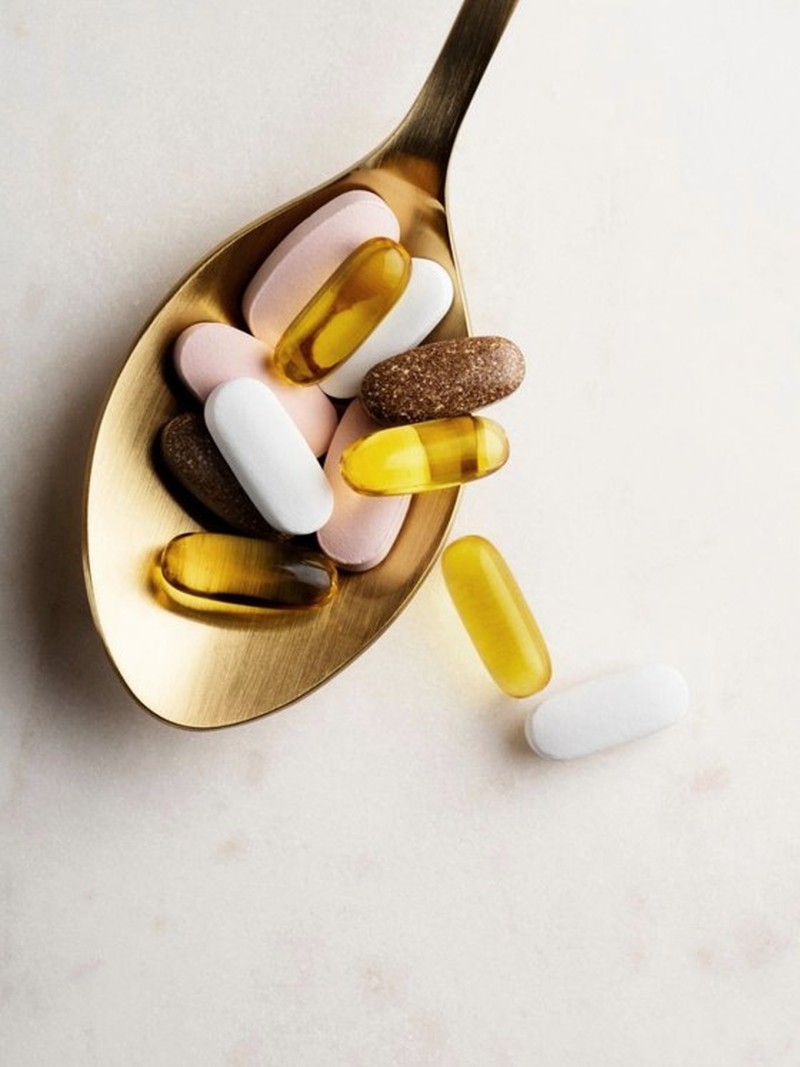A Nutritionist Reveals The Supplements She Actually Rates
I start the day with a protein-rich smoothie. Anyone who follows me will know I’m constantly talking about the power of protein – it fills you up, keeps you going throughout the day, keeps blood sugar stable and prevents cravings. If you’re in a hurry, a protein powder can be a lifesaver. I swear by Form Nutrition’s Pureblend protein powder. It’s tasteless and doesn’t contain any sweeteners or additives. I blend it with almond milk, spinach, kale, pear, banana and a squeeze of lemon juice. I take a food-first approach to nutrition, but modern living can impact food choices, and supplements can be a useful way to plug the gaps.
Prebiotics are as important as probiotics. Prebiotics feed the live bacteria that live in your gut, so it’s important to keep them nourished. I add inulin powder, a natural prebiotic, to my breakfast every morning, whether it’s a smoothie or sprinkled over granola and yoghurt. I take probiotics after a course of antibiotics – Optibac is a great, family owned British company and its saccharomyces boulardii is backed by clinical trials.
Colpermin is good for bloating. If you struggle with gas and bloating, it can help to take a peppermint oil capsule around 30 minutes before a meal. However, it’s important to understand long-term bloating isn’t normal and it’s always worth taking the time to pinpoint the cause. Digestive enzymes can also be helpful occasionally – I rate Wild Nutrition’s Digestive Enzyme Complex.
B vitamins are great for stress. If it’s a busy week, I’ll take a B complex like Biocare Methyl B Complex or Pure Encapsulations B Complex Plus with my breakfast. Stress uses up a lot of B vitamins, as well as vitamin C and magnesium, so it’s important to keep levels topped up. To keep myself firing on all cylinders, I also take Active Iron for Women. An iron deficiency can leave you feeling fatigued and lacklustre, and this formula is gentle on the stomach. I see so many women in my clinic feeling sub-par due to certain deficiencies. The most common I see are iron (this is tested as ferritin, the protein that stores iron in your cells), B12, folate, vitamin and low thyroid levels. If you’re at all in doubt, get your levels checked and supplement as needed.
Don’t rely on a multivitamin. Ideally, you should be getting everything you need from your diet, but if there are certain weeks or months when you need a helping hand then a broad-spectrum multivitamin can be a worthwhile investment. Centrum is a good brand.
A well-functioning thyroid is crucial to women’s health. The thyroid controls our energy and hunger levels, as well as temperature regulation and metabolism. Many women, however, are deficient in iodine, which plays a vital role in thyroid health. I’m currently taking Doctor Seaweed’s Weed & Wonderful, which is made with quality, organic seaweed powder, an iodine-rich mineral.
There’s more to immunity than vitamin C. Quality nutrition, good sleep and stress management are key to good immune health. However, even with the best will in the world we can all succumb to bugs and viruses. When I’m run down, it can quickly manifest as a cold sore. The minute I feel that tell-tale tingle on my upper lip, I take 500mg of L-lysine twice daily for a week, which stops the virus in its tracks. If I ever get a blister, L-lysine speeds up the healing process. Don’t take L-lysine daily – stick to short courses of one or two weeks when needed for the best results.
Lactoferrin is a buzzy ingredient. It works like a barrier against viruses and bacteria. It’s naturally antimicrobial and helps stop infection by blocking viruses entering the body, as well as having antioxidant and anti-inflammatory properties. Leapfrog Immune is my go-to supplement for a dose of lactoferrin.
The jury’s still out on CBD. I’m watching the CBD story unfold intently but the research still isn’t robust enough for me to recommend it. I do have clients who swear by it for anxiety, sleep and muscle pain, though. I’ve tried numerous brands to help me sleep but haven’t found any to be particularly effective.
Creatine is useful if you’re active. Creatine monohydrate is a supplement that’s been researched extensively but doesn’t get as much airtime as it deserves. It can be very beneficial, especially for women who work out a lot. It helps with performance (increased strength and power) and muscle building, and has been linked with improved cognition. It’s affordable and you only need 3-5g daily to get the benefits. I take it daily and notice the days I forget.
If you don’t eat oily fish twice a week, take an omega supplement. Omega-3 is an essential fatty acid that supports brain health. It’s been linked with a reduced risk of depression and also has incredible anti-inflammatory benefits. If you eat oily fish – such as mackerel, salmon or sardines – twice a week then an additional supplement isn’t necessary, but in my experience not many people manage this. Bare Biology’s Life & Soul range is my go-to as it has the highest DHA and EPA content on the market. If you’re vegan, try its Vim & Vigour, which is made with algae. When buying an omega-3 supplement, look for the IFOS (International Fish Oil Standards) logo, which guarantees purity.
I take magnesium before bed. Viridian’s magnesium bisglycinate is one of my staple supplements. There are various forms of magnesium; magnesium glycinate aids sleep and relaxation, and doesn’t cause the loose stools that magnesium citrate can bring on. To support mood and anxiety, I also recommend 5HTP, which can increase serotonin levels. The recommended dose is 300-500mg, but it mustn’t be used alongside antidepressants.
Quality matters. As a nutritionist, I’m very choosy when it comes to supplements. I cherry pick across brands to ensure I get the right dose, the best quality and the most active form. Far too many supplements – even ones marketed as cleaner options – contain anti-caking agents, fillers and binders. Always look out for magnesium stearate on an ingredients list, too. Confusingly not a form of magnesium, it’s an ingredient that stops pills sticking together and helps them slide through factory machines more easily. It’s something to be aware of if you’re taking several different supplements on a daily basis. If you’re buying a herbal supplement, make sure it has the THR (Traditional Herbal Registration) stamp, too. Herbs may be seen as ‘natural’ but they can be extremely potent.
Wild Nutrition is one of my go-to brands. The quality of the supplements is second to none and I recommend many of its formulas to my clients, especially when working with pregnant women and those trying to conceive. My 15-year-old daughter – who is a vegetarian – takes its Teen Girl Multi.
Vitamin patches and sprays can be useful. Some people find it tricky to absorb nutrients, especially if they have IBS and other gut issues. For example, if you are struggling to get your iron levels up, you may have better results using a skin patch like PatchMD. Sublingual vitamins – taken in the form of a spray under the tongue – are also a good alternative. For others, it’s simply a case of what suits their lifestyle. Sprays can be thrown into a handbag and are easy to take, especially for children or those who struggle to swallow pills.
If you take one supplement, take vitamin D. Vitamin D3 – the active form – is essential for everyone and shouldn’t be underestimated. Sub-optimal levels have been linked with low mood, muscle aches and pains, and lowered immunity. Take vitamin D3 alongside vitamin K2, which aids absorption. The government guidelines recommend 10mcg a day throughout the winter months, but a growing consensus argues this isn’t enough for many of us and we need to take it throughout the year. I recommend getting your levels checked either by your GP or via Medichecks, and then supplementing accordingly.
For more information or to book a session with Emma, visit EmmaBardwell.com and follow @Emma.Bardwell.
SHOP EMMA'S SUPPLEMENT PICKS
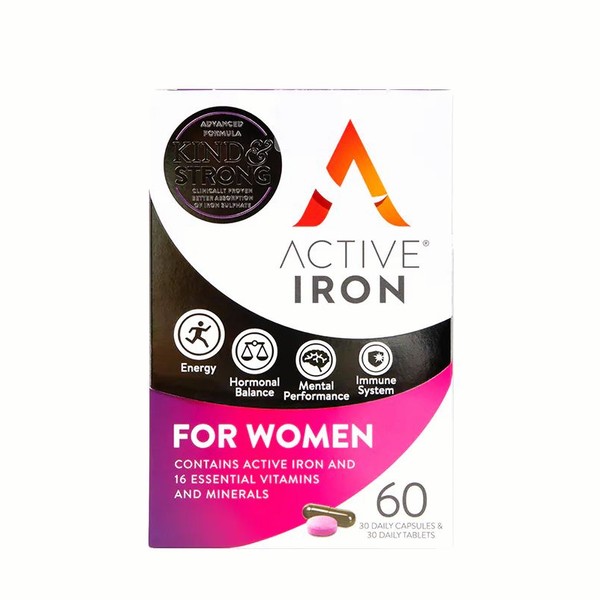
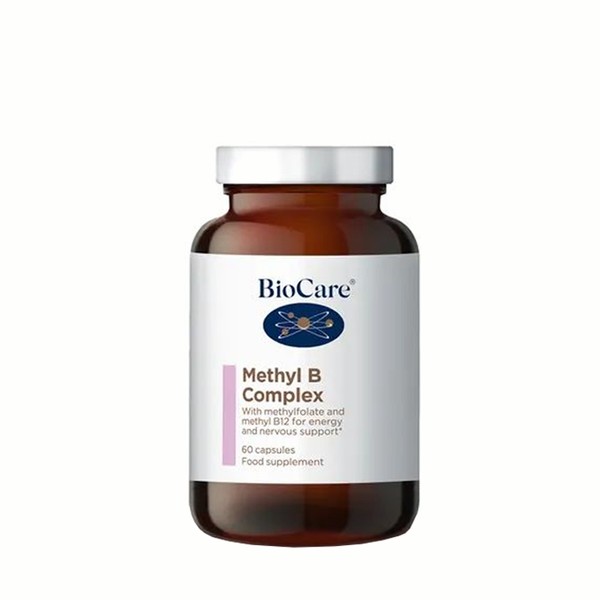
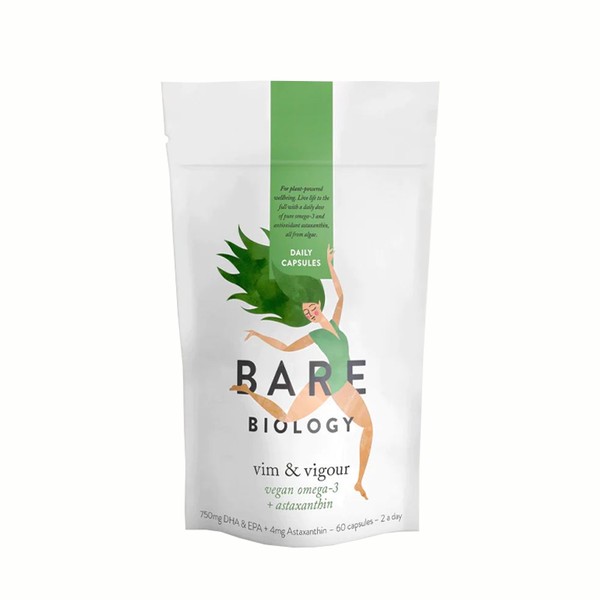
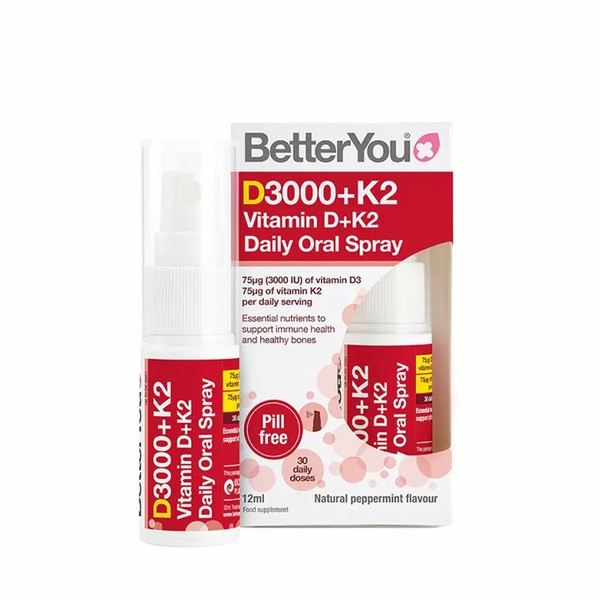
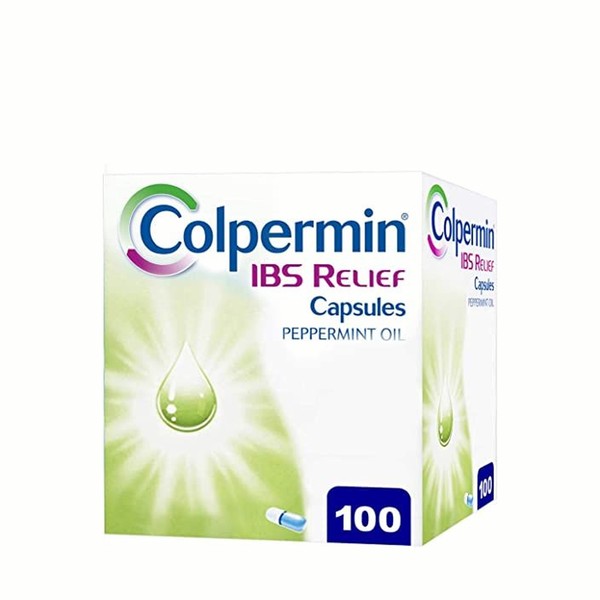
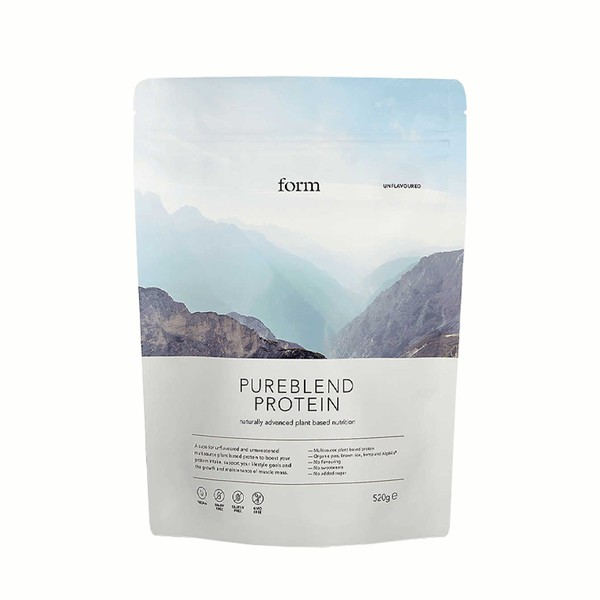
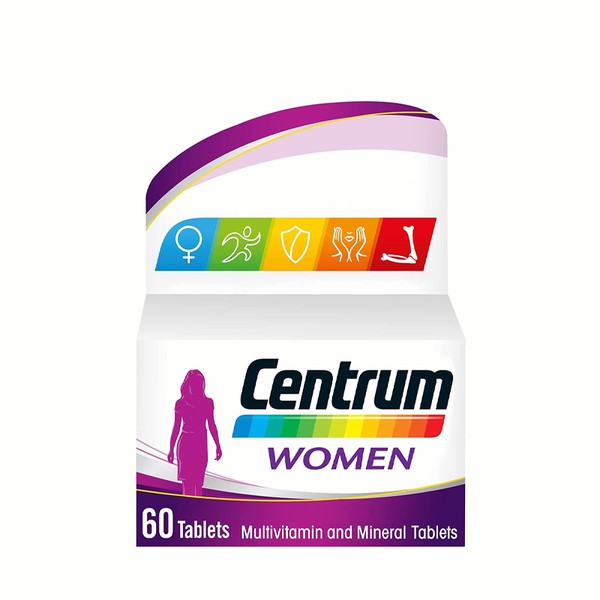
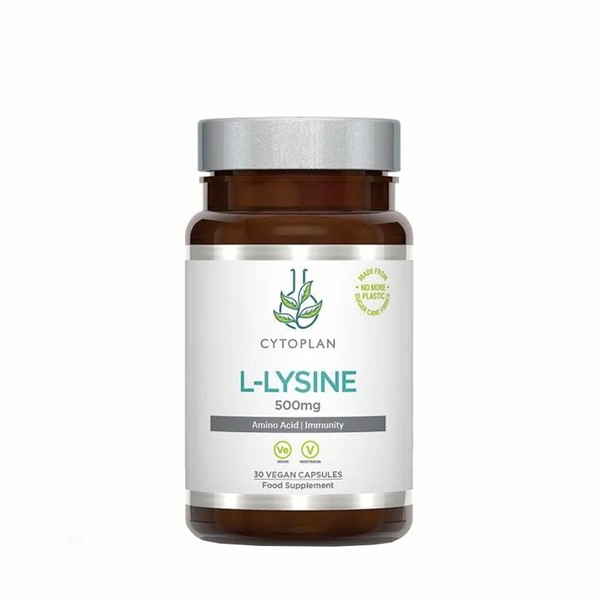
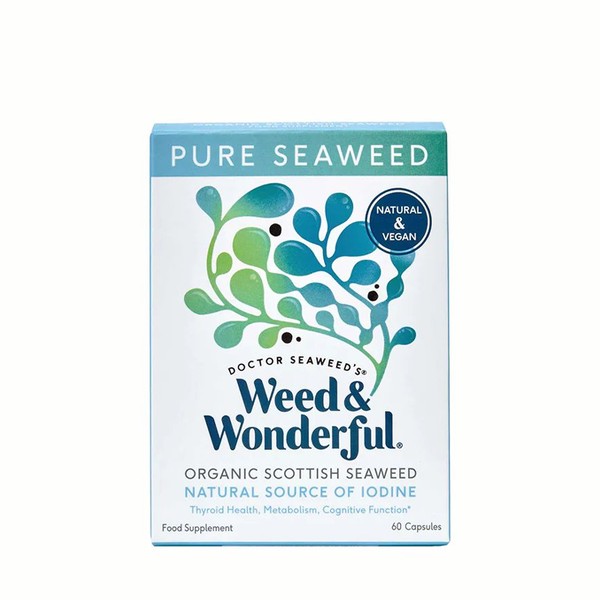
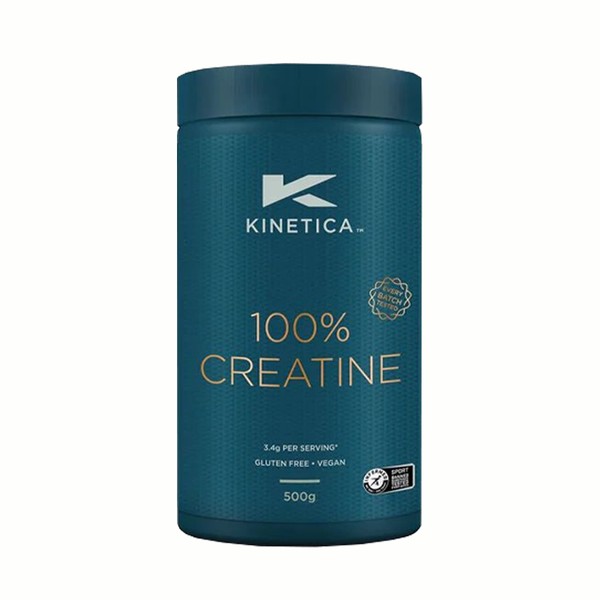
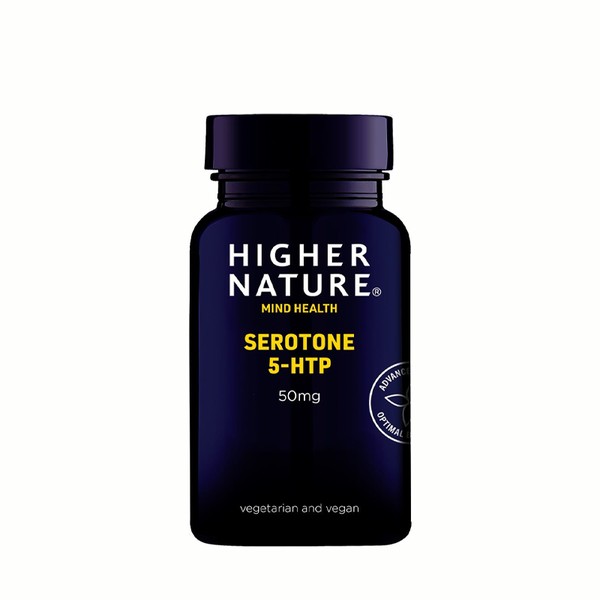
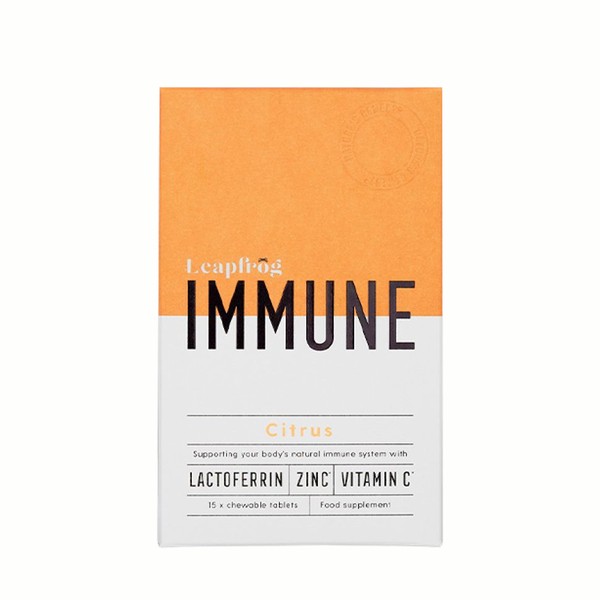
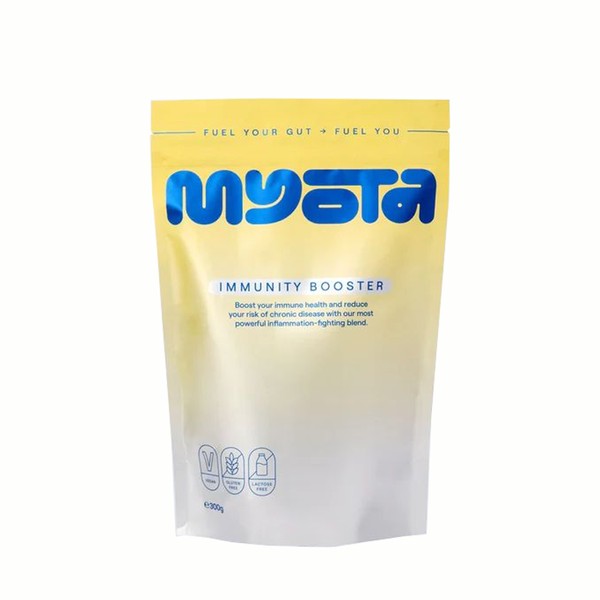
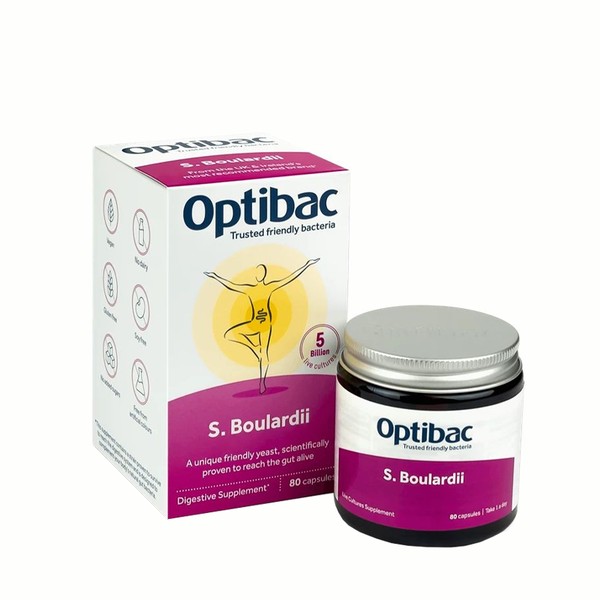
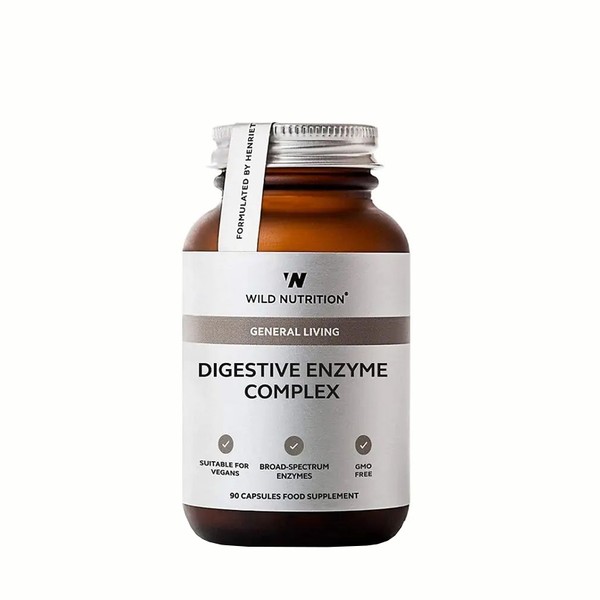
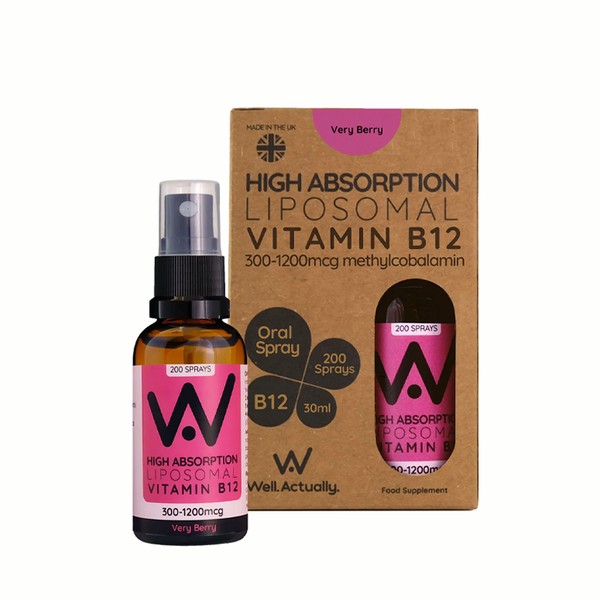
DISCLAIMER: Features published by SheerLuxe are not intended to treat, diagnose, cure or prevent any disease. Always seek the advice of your GP or another qualified healthcare provider for any questions you have regarding a medical condition, and before undertaking any diet, exercise or other health-related programme.
DISCLAIMER: We endeavour to always credit the correct original source of every image we use. If you think a credit may be incorrect, please contact us at info@sheerluxe.com.
